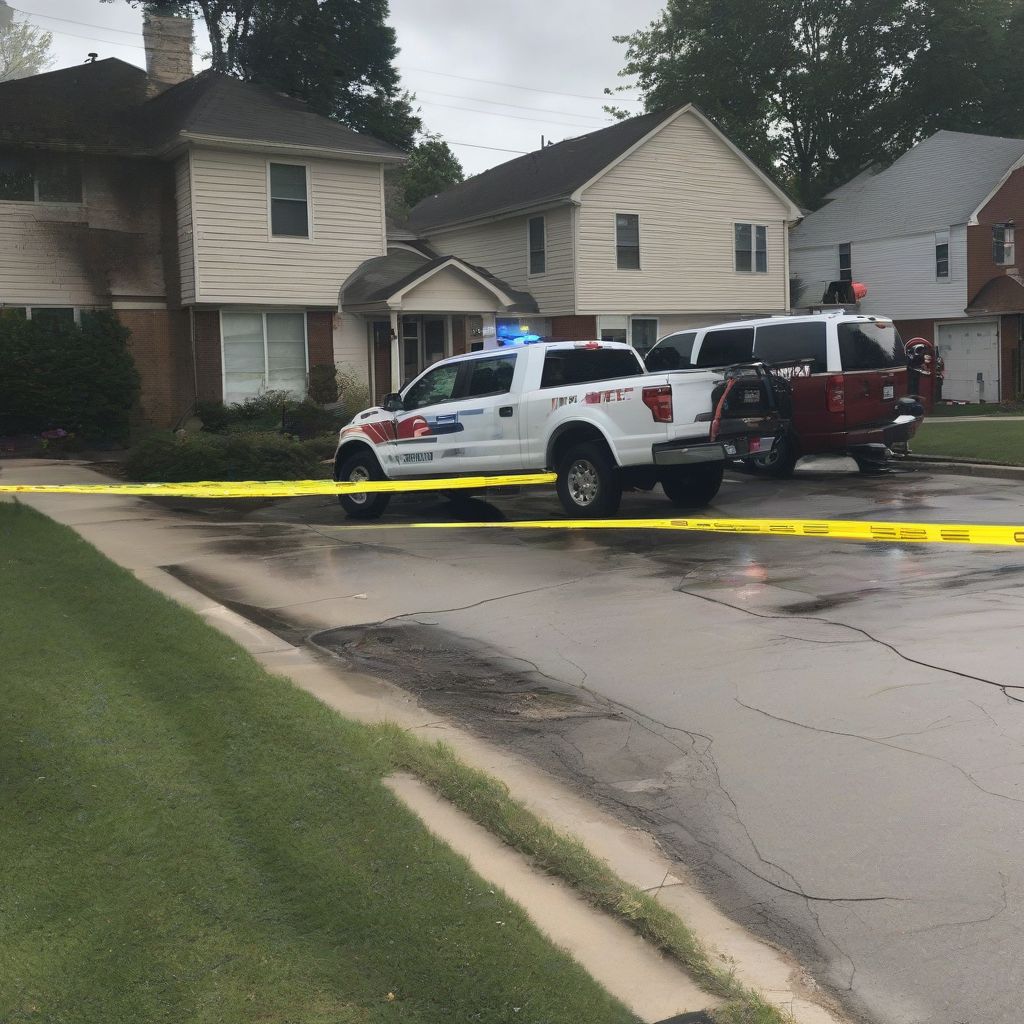Do Gas Leaks Really Smell Like Skunk?
Have you ever caught a whiff of something that reminded you of a skunk, but couldn’t quite place it? It’s possible you were smelling natural gas! Natural gas is odorless in its natural state, which poses a significant safety risk. To alert people to potential gas leaks, a substance called mercaptan is added, giving it that distinct “rotten egg” or “skunk-like” smell.
Why the Skunk Smell?
Natural gas is primarily methane, a highly flammable and potentially explosive gas. Since it’s colorless and odorless, detecting a leak would be nearly impossible without a little help. That’s where mercaptan comes in.
Mercaptan is a harmless sulfur-containing compound that has a pungent odor often compared to rotten eggs or skunks. Even trace amounts are detectable by the human nose, making it an effective safety measure.
Understanding the Importance of Detecting Gas Leaks
Gas leaks are a serious concern, as they can lead to:
- Fires and explosions: Natural gas is highly flammable, and even a small spark can ignite it.
- Carbon monoxide poisoning: Incomplete combustion of natural gas can produce carbon monoxide, a colorless, odorless, and deadly gas.
- Health problems: Exposure to natural gas can cause headaches, nausea, dizziness, and respiratory problems.
 Gas leak outside a residential house
Gas leak outside a residential house
What to Do If You Smell Gas
If you suspect a gas leak, it’s crucial to act quickly and cautiously:
- Leave the area immediately: Do not attempt to locate the leak or operate any electrical switches.
- Ventilate the area: Open windows and doors if it’s safe.
- Call your gas company: From a safe location (e.g., a neighbor’s house), contact your gas company immediately to report the leak.
- Do not re-enter the area: Wait for the gas company to arrive and give the all-clear before returning.
Other Signs of a Gas Leak
While the smell is the most recognizable sign, other indicators of a potential leak include:
- Hissing or whistling sounds: These sounds may indicate gas escaping from a pipe or appliance.
- Dead or dying plants: Natural gas can kill vegetation in the vicinity of a leak.
- Bubbling water: A leak in an underground gas line can cause bubbling in standing water.
gas.areview.net/wp-content/uploads/2024/09/gas-meter-reading-66e008.jpg" alt="Checking a gas meter for a leak" width="1024" height="1024">Checking a gas meter for a leak
Preventing Gas Leaks
Preventing gas leaks is always preferable to dealing with one. Here are some tips:
- Schedule regular appliance inspections: Have your gas appliances (furnace, water heater, stove) inspected annually by a qualified technician.
- Be cautious during renovations: If you’re doing any digging or construction, call 811 before you dig to locate underground utility lines.
- Know the location of your gas shut-off valve: Familiarize yourself with the location of the main gas shut-off valve to your home, and learn how to operate it in case of an emergency.
- Install gas detectors: Consider installing gas detectors in your home to provide an additional layer of safety.
The Significance of the Skunk-Like Smell
The deliberate addition of mercaptan, with its distinctive “skunk-like” smell, to odorless natural gas is a testament to safety and risk mitigation in the energy sector. This simple measure has undoubtedly saved countless lives and prevented catastrophic events by alerting people to potentially dangerous gas leaks. By understanding the importance of this odor, you can play an active role in keeping yourself and your loved ones safe.